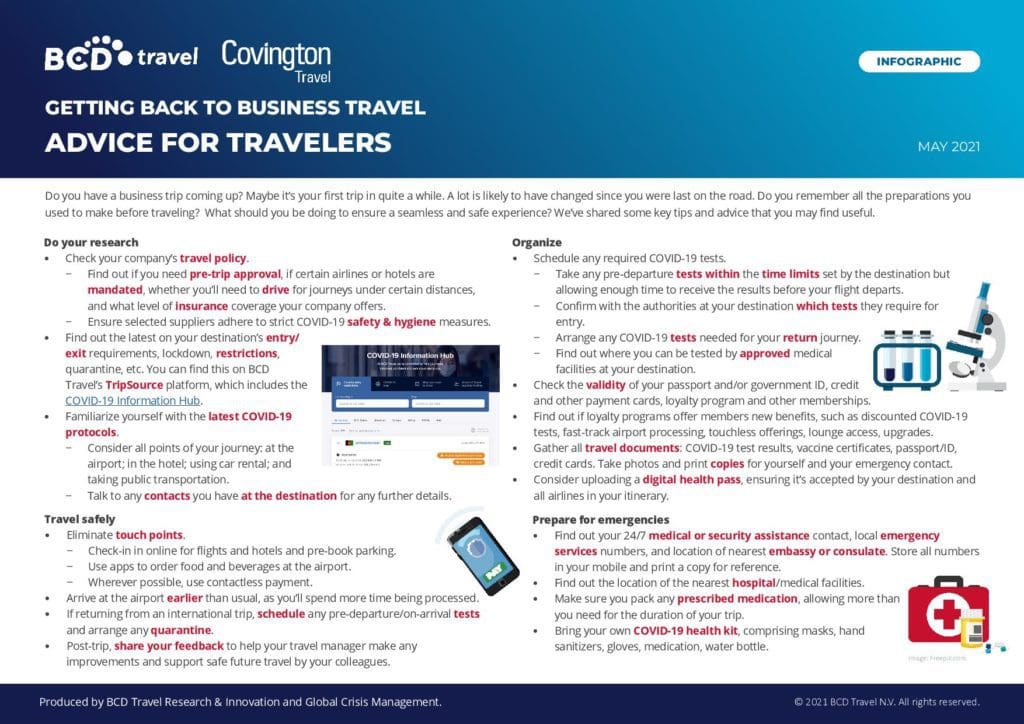 Sustainability, eco-tourism, and green travel are buzz words that are bandied about plenty in the travel industry, but what does it really mean to be a responsible traveler? Essentially it means minimizing the negative impact your travel makes on the environment, the community you visit, and the local economy.
Sustainability, eco-tourism, and green travel are buzz words that are bandied about plenty in the travel industry, but what does it really mean to be a responsible traveler? Essentially it means minimizing the negative impact your travel makes on the environment, the community you visit, and the local economy.
Practicing Environmental Sustainability
 Environmental responsibility has to do with the conservation of natural resources and lowering the impact of visitors on the physical and cultural environment.
Environmental responsibility has to do with the conservation of natural resources and lowering the impact of visitors on the physical and cultural environment.
- Carry a refillable water bottle to minimize single-use plastic bottles. When you can’t readily refill your bottle, purchase the largest bottle you can handle rather than multiple individual plastic bottles.
- Walk, cycle, or use public transportation when you can. You’ll not only reduce carbon emissions and pollution of individual vehicles, but you’ll get the added benefit of being part of the local community and meeting people where they live.
- Use environmentally friendly toiletries when swimming. Sunscreens, soaps, and deodorants can damage coral reefs and the marine life that live near them. Look for products that do not have dyes, PABA, or oxybenzone.
- Take the “path less traveled.” Resist destinations that are struggling under overtourism or cruising in environmentally sensitive areas. National Geographic suggests instead of Venice, head to Slovenia, for example.
- Carefully vet any excursions that involve wildlife or captive animals. Don’t ride “rescued” elephants or pet “wild” cats. That interaction is not in their nature and shouldn’t be supported in the name of wildlife tourism.
Being a Socially Responsible Traveler
 Social responsibility means preserving cultural heritage. A responsible traveler respects the legacies of the past and appreciates the activities that make a community unique.
Social responsibility means preserving cultural heritage. A responsible traveler respects the legacies of the past and appreciates the activities that make a community unique.
- Before leaving home, learn about the place and people you will be visiting. While there, respect their values, norms, and rules. Dress appropriately, respect religious traditions and don’t take photos of people without asking permission.
- Learn some of the local language and use it. Please and thank you at a minimum. Even a few mispronounced words show respect and open the channels of communication.
- Interact in a meaningful way with the local culture. Don’t just watch the world from a bus window – take a cooking class in an Italian Nona’s home, sip a glass of hot mint tea in a Moroccan Bedouin tent, or get dressed up in the many layers of a traditional Japanese kimono. Cultural exchange is at the very heart of being a responsible traveler.
- Learn about a destination’s cultural history. Visit UNESCO World Heritage Sites which are deemed such for their outstanding value to humanity. Always be respectful of sensitive histories that include exploitation of any one group based on race, religion or political leadership.
- Observe or participate in local traditions. Attend a folk performance, sporting event, or festival. The art and passion of a people are a window into what’s important to them.
Exercising Economic Responsibility
 A responsible traveler contributes to the business opportunities of local residents directly and indirectly.
A responsible traveler contributes to the business opportunities of local residents directly and indirectly.
- Support companies and locations where the workers are hired locally, paid fairly, and treated respectfully.
- Buy souvenirs and gifts from women’s cooperatives that specialize in local crafts, fair trade organizations, and local artists. This benefits individuals directly.
- Eat and stay in locally owned restaurants and lodging, rather than international chains. Again, your tourism dollars are multiplied through the economy as the desk clerks, busboys, and maintenance crews make a living wage and spend it at other local businesses.
- Hire local guides. They know their home better than anyone else and can tell you about that special hole-in-the-wall that you never would have found on your own. Hiring them contributes to the local economy.
- Visit a local school or orphanage to understand how the next generation of leaders is developing. Be aware of your own privilege and consider donating needed supplies. You may not consider yourself rich, but anyone who has the ability to travel internationally has considerably more resources than those who live in a third-world country.
Some may think that you must avoid luxury to be a responsible traveler but that’s not true. Many luxury travel companies contribute to carbon offset programs, offer guests authentic experiences and engaging opportunities to meet the real people, and economically support the communities they visit. Ultimately, that’s what being a responsible traveler is all about – making travel choices that allow us to care for our Earth, interact with other cultures respectfully, and contribute to the welfare of those we meet while we explore the world.







Leave a Reply